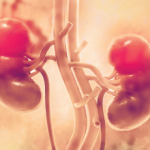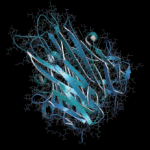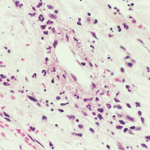WASHINGTON, D.C.—Taking high-dose non-steroidal anti-inflammatory drugs (NSAIDs) with a TNF inhibitor as an ankylosing spondylitis (AS) patient is linked with a 61% decrease in the chances your disease will progress, suggesting there may be a synergy when the drugs are used together, according to a longitudinal observational study from researchers at the University of California,…









